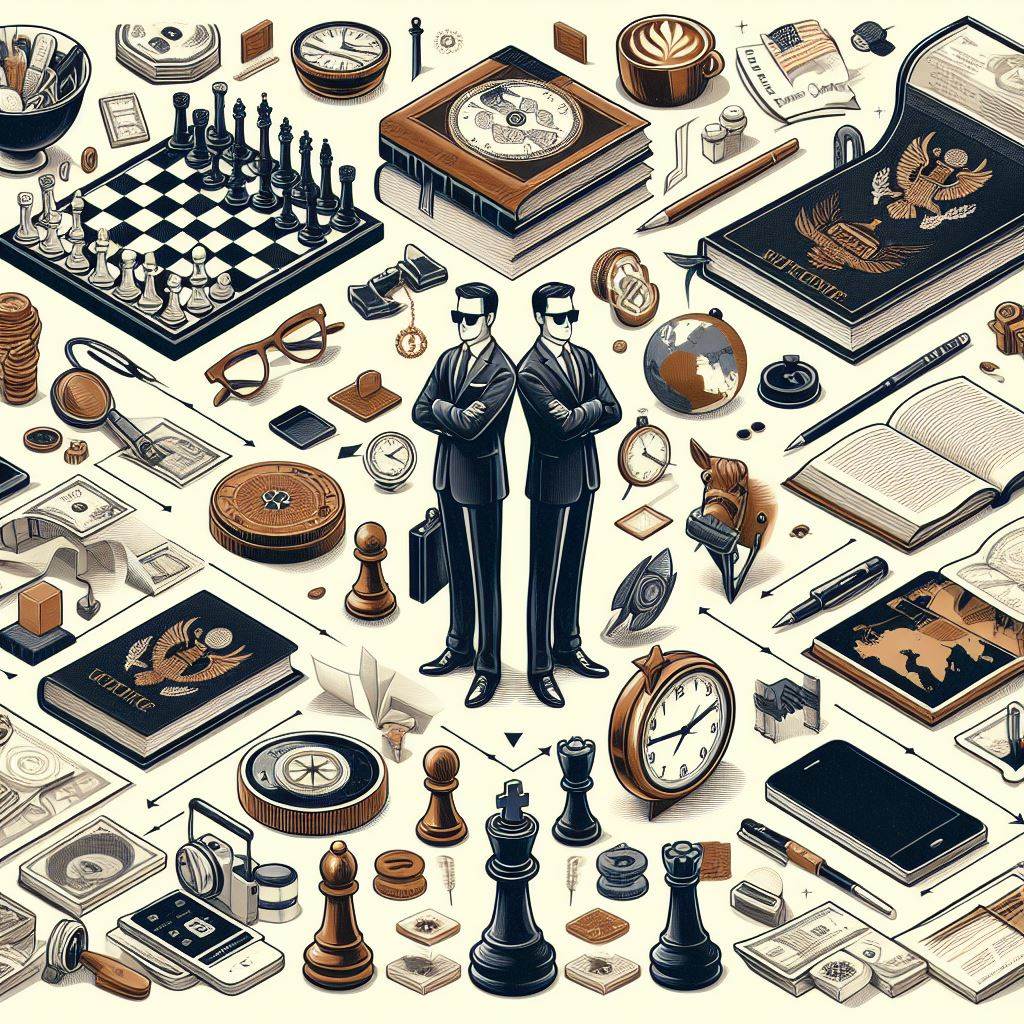Poker Face Unveiled: Reading Expressions in High Stakes Games

In the electrifying world of high stakes poker, a player’s success hinges not only on the strength of their cards but also on their ability to decipher the subtle tells and expressions of their opponents. The concept of the “poker face”—a blank, emotionless expression designed to conceal one’s thoughts and feelings—is well-known even outside the realm of poker. However, the ability to read these expressions, often under the guise of an impenetrable poker face, can be the key to gaining an upper hand at the table. This article delves into the art and science of reading expressions in high stakes poker games, Poker Face Unveiled Reading offering insights that can turn even a novice into a formidable opponent.
The Science Behind the Poker Face
Facial expressions are a universal form of communication, often revealing emotions even when words do not. In poker, players attempt to control these expressions through the poker face, striving to maintain a facade that prevents opponents from gauging their hand’s strength. Yet, subtle microexpressions and involuntary gestures can betray a player’s true state of mind.
Studies in psychology and neuroscience have shown that microexpressions can occur in as little as 1/25th of a second. These fleeting expressions can reveal emotions like happiness, sadness, anger, or fear, all of which can provide crucial information about a player’s confidence in their hand. Seasoned poker players develop an acute sensitivity to these microexpressions, Poker Face Unveiled Reading often subconsciously, which they use to make critical decisions during a game.
Techniques for Reading Expressions
- Baseline Behavior: The first step in reading expressions effectively is to establish a baseline behavior for each player at the table. This involves observing how players naturally react when they are relaxed, stressed, or under pressure. Any deviation from this baseline may indicate a change in the strength of their hand.
- Eye Movements: Eyes can be particularly revealing. For instance, some players might glance at their chips when they have a strong hand, a subtle cue that they are considering a bet. Others might avoid eye contact when bluffing, subconsciously retreating from scrutiny.
- Facial Expressions: While maintaining a poker face, players may still reveal brief expressions known as ‘tells’. For example, a slight grimace or a raised eyebrow can provide insights into the confidence or nervousness a player feels about their hand.
- Body Language: The body can also speak volumes. A player sitting up straight might be unconsciously gearing up for a big play. In contrast, slouching or leaning back might indicate a lack of confidence in the current hand.
Psychological Warfare
Reading expressions is just one part of the psychological warfare that is integral to high stakes poker. Players often use their observations to perform strategic actions designed to mislead or intimidate opponents. For instance, a player who notices a tell might deliberately act confident to mislead others about the strength of their hand.
Additionally, experienced players can manipulate their own expressions and actions to set false tells, further complicating the psychological chess game that unfolds with each round of betting.
Mastering the Art
Mastering the art of reading expressions in poker requires practice and acute observation. Many professional poker players spend years refining their ability to decode subtle tells. Some even study body language and psychology extensively to enhance their skills.
Moreover, the advent of online poker has changed the dynamics of expression reading. With physical tells removed, players must rely more on betting patterns and timing tells to make their judgments.
Conclusion
In high stakes poker, reading expressions is a crucial skill that can provide a significant advantage over opponents. While the perfect poker face can conceal much, the keen observer can still pick up on the slightest inconsistencies in behavior and use them to their benefit. As with any skill, proficiency in reading expressions comes from practice, observation, and an understanding of human psychology. Whether you’re sitting at a casino table or playing online, the ability to read your opponents can often be just as important as the cards you’re dealt.
Read More: From Rookie to Pro: Navigating Your First Casino Poker Gamel


